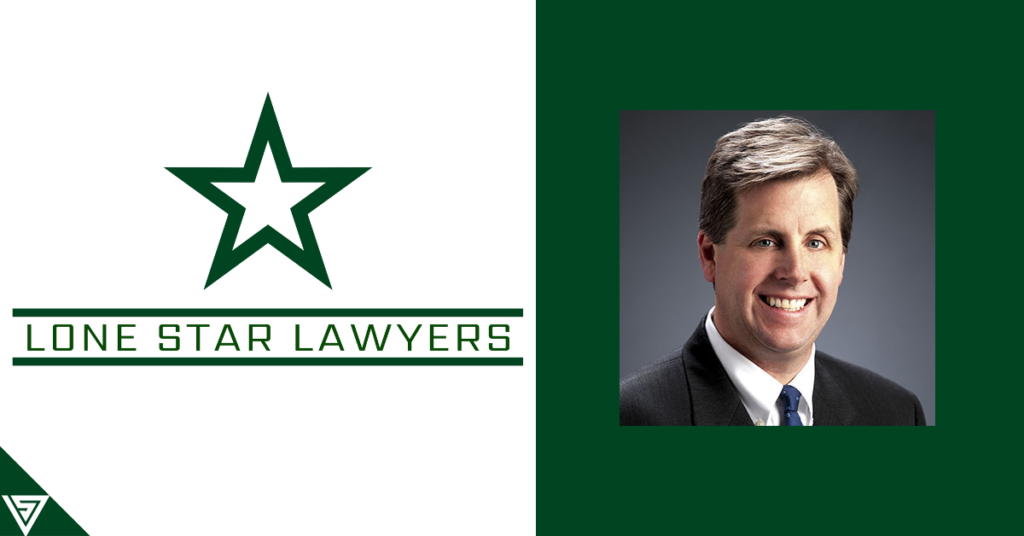Monday Mentors with Houston Intellectual Property Litigator Keith Jaasma

Keith Jaasma, managing principal and intellectual property litigator at Ewing & Jones in Houston, joins us on today's show! Keith talks about practicing IP law without a technical background, avoiding analysis paralysis, and standing out through your cover letter.
His firm/practice
- been a lawyer for 25 years
- litigator with a focus on patent litigation; some IP prosecution
- 15 lawyer general practice firm (both corporate/litigation)
COVID Update (as of 2/3/21)
- Office shutdown at the beginning for about six weeks
- Mix among the lawyers in the firm since then (some in the office, some out, some flex)
- About 1/2 of the staff is in the office on a given day
- Masks around the office; Zoom calls with people down the hall
- A lot more remote hearings; a few judges still do in-person but with lots of distance
- Likes remote for out-of-state depos (especially for third party witnesses)
- Re: hearings, get comfortable with sharing your screen quickly
- Re: depos, emailed exhibits/documents to opposing counsel ahead of time...takes away some of your strategic options but it still is better overall...even if you don't wind up using all of them.
- Patent prosecution has ramped up in the past few months, particularly in the energy sector
- Trademarks have slowed (companies not launching products as quickly)
- He does not have a technical undergraduate degree or background, but was able to move into IP litigation and soft IP prosecution
- Get into a firm that has IP litigation, and then offer to work on those cases even if it isn't your primary area
- Judge/jurors don't have technical degrees, so you can bring their perspective to the legal team
Advice for lawyers in practice
- Lee Kaplan was leaving Baker Botts while Keith was young, and told him that if a partner asks you to do some work that you can't get to, agonize over it and tell them how much you would like to do it
- ask them when they need it by or where it should go in your priority list among the other projects you are working on
- Don't drag out every decision that has to be made on a case. Don't get analysis paralysis.
- Briefs really are supposed to be brief! Know your audience. State courts with a small staff who are overworked/loaded, they likely don't have time to read long briefs. Especially if it is a minor issue.
- "Would have made it shorter but I didn't have time." - Mark Twain? It's debated.
- Take initiative; care about the quality of the work; don't submit first drafts to partners; writing is re-writing
- On business development:
- most of the work he gets is based on work/relationships that originated or occurred years earlier
- Be a member of bar sections
- Refer people to other lawyers when it is outside of your area; will make for a happy client and a happy other lawyer who could be a great source for referrals back to you
Advice for lawyers on the job hunt
- On paper
- Resumes are fairly stale, so the cover letter can help show passion, and specific experience that relates to the job you are applying for
- Writing samples can be helpful as well
- Avoid typos, subject-verb agreement problems, misaddressing the person/firm
- Have someone review your documents before sending them to anyone
- In the interview
- Practice
- Prepare an answer to the question, "why our firm?"
Final thoughts
- Try not to take the job home
- Have other hobbies/interests (this is good for client development too!)
- A lot of work/life balance is mental, and will do you good
Rapid fire questions
- Name one trait/characteristic you most want to see in an associate: ownership
- What habit has been key to your success: leave work at work
- Favorite app/productivity tool: Twitter for aggregated news feed; podcasts
- Favorite social distancing activity: running; high-end beer (trappist, Boulevard Tank 7)
- Favorite legal movie: My Cousin Vinny
Thanks again to Keith Jaasma for coming on the show!
